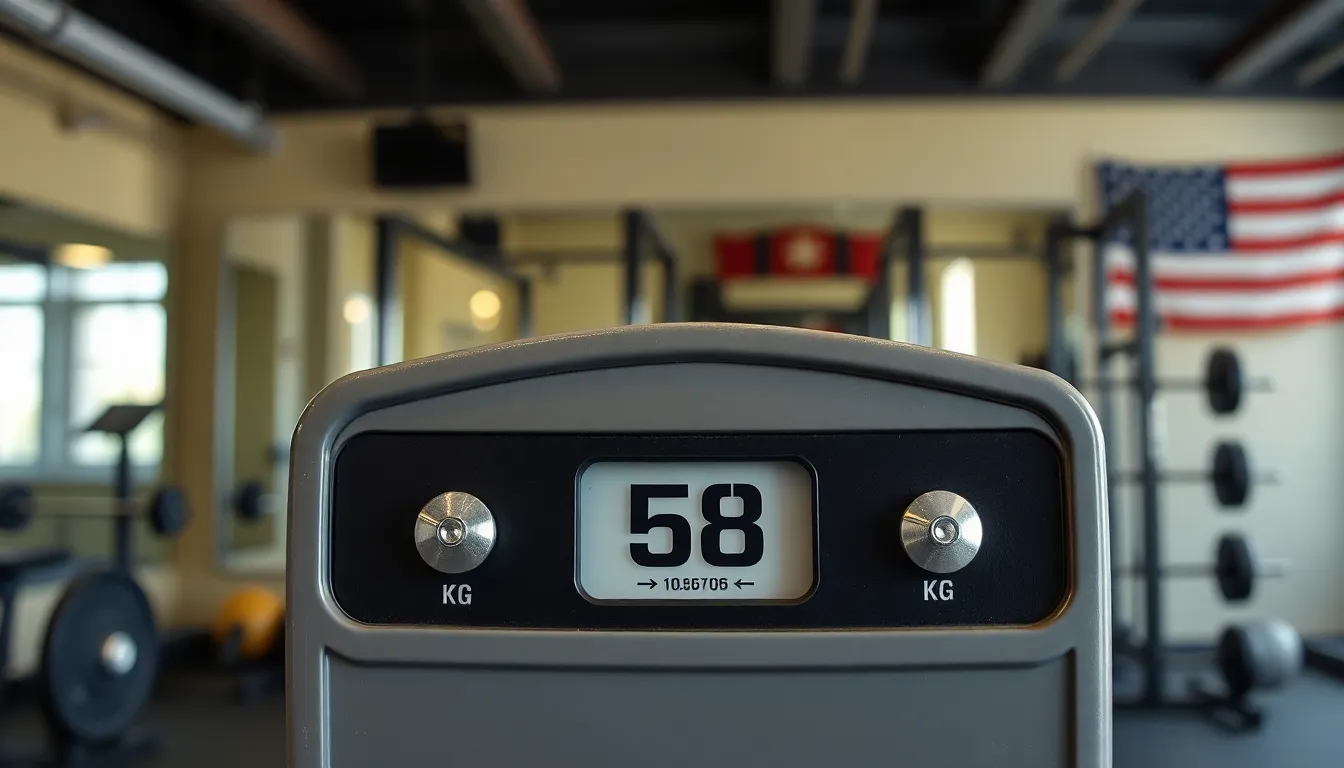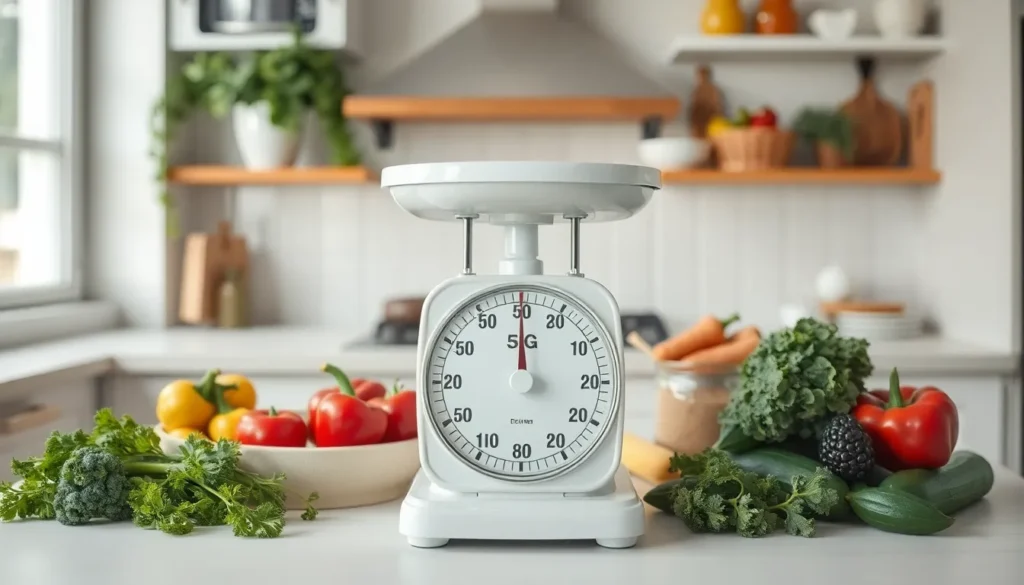Converting kilograms to pounds can feel like trying to solve a math riddle while blindfolded. But fear not! If you’ve ever wondered how much 58 kg weighs in pounds, you’re in the right place. It’s like trying to figure out how many tacos you can eat in one sitting—tricky but oh-so-satisfying once you get it right.
Table of Contents
ToggleUnderstanding Weight Conversion
Weight conversion simplifies comparing mass measurements across different systems. Understanding how to convert kilograms to pounds allows individuals to navigate various contexts, such as fitness or travel.
Importance of Weight Conversion
Weight conversion plays a vital role in multiple settings, including nutrition, fitness, and science. Body weight, diet plans, and workout routines often rely on accurate measurements. Knowledge of how to convert weights can aid in understanding health recommendations, enhancing meal preparations, or tracking fitness progress. Familiarity with these conversions also fosters effective communication in international contexts, ensuring clarity when sharing information with others.
Common Weight Units
Common weight units include kilograms and pounds, each with distinct applications. In most countries, the metric system standardizes weight in kilograms. Conversely, pounds dominate usage in the United States, particularly in fitness and nutrition. Other units, such as grams and ounces, are also prevalent depending on the context. Each unit serves specific purposes in scientific research, cooking, and personal health, making conversion between them essential for accuracy.
Kilograms to Pounds Conversion

Converting kilograms to pounds involves a straightforward formula. The conversion equation states that 1 kilogram equals approximately 2.20462 pounds. Multiplying the kilogram value by this figure yields the corresponding weight in pounds.
Conversion Formula
To convert kilograms to pounds, use the formula:
Weight in pounds = Weight in kilograms × 2.20462.
For instance, 58 kg becomes approximately 127.868 pounds when applying this equation. Accuracy in conversions supports effective comparisons across different weight systems.
Example Calculations
Considering different kilogram values provides clarity. For example, converting 58 kg to pounds follows this calculation:
58 kg × 2.20462 = 127.868 pounds.
Similarly, converting 75 kg results in approximately 165.347 pounds. Each calculation emphasizes the importance of using the precise conversion factor to ensure accurate weight assessments.
Practical Applications
Converting 58 kg to pounds proves useful in many aspects of everyday life. Weight conversions facilitate easier comparisons in almost any situation.
Daily Use Scenarios
Shopping for groceries often requires understanding weight. A person weighing 58 kg may look for healthy options in the produce aisle. When following recipes, knowing the equivalent in pounds for ingredients enhances cooking accuracy. For travelers, airline baggage policies generally use pounds, boosting the need for conversions when packing bags. These practical scenarios highlight how kilograms and pounds interact in daily activities.
Fitness and Health Considerations
Fitness enthusiasts track body weight in pounds for personal records. A weight of 58 kg translates to about 127.868 pounds, allowing individuals to evaluate progress accurately. Diet plans frequently recommend serving sizes in pounds, making conversions essential for meal preparations. Additionally, fitness classes and programs commonly use pounds to measure weights for exercises. Understanding these conversions directly supports achieving health and fitness goals.
Online Conversion Tools
Numerous tools can simplify the process of converting kilograms to pounds. These resources provide quick and accurate results.
Recommended Websites
Popular websites offer reliable weight conversion tools. Sites like Calculator Soup and ConvertUnits present user-friendly interfaces. They allow users to input weight in kilograms and receive instant conversions to pounds. Additionally, many of these platforms feature conversion charts and calculators for various weight units. The straightforward design enhances usability, making it easier to find necessary information.
Mobile Apps for Conversion
Several mobile apps simplify weight conversion on the go. Applications like Unit Converter and Converter Plus support multiple measurement types, including mass. Users can easily convert 58 kg to pounds anywhere with just a few taps. Regular updates ensure the accuracy of these apps, keeping them relevant. Some apps even allow users to create custom conversion favorites, boosting convenience for frequent users. Engaging with these mobile solutions enhances the overall conversion experience for individuals and professionals alike.
Understanding how to convert 58 kg to pounds is more than just a math exercise; it’s a practical skill that enhances daily life. Whether it’s for tracking fitness goals or preparing meals, knowing weight conversions simplifies decision-making. With the right tools and knowledge, anyone can navigate these conversions effortlessly.
By embracing the conversion process, individuals can make informed choices in various aspects of life. This knowledge not only streamlines tasks but also empowers people to stay on track with their health and wellness objectives. Ultimately, mastering weight conversions fosters a deeper understanding of one’s own body and its needs.








